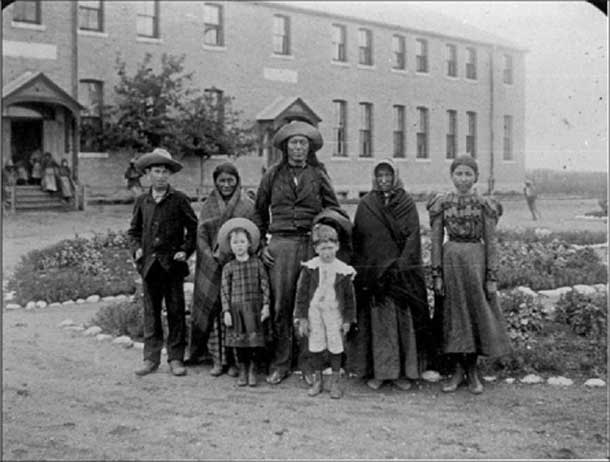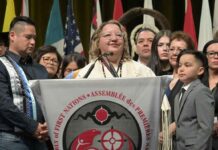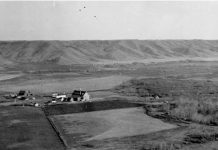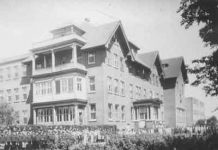
Unmarked Graves Search at Former Indian Residential Schools Receives Funding
Ottawa – Indigenous – The recent discoveries of unmarked graves and burial sites at former residential schools in Canada have brought to light the horrific abuse that Indigenous children suffered in these institutions. As a response to the Truth and Reconciliation Commission’s Calls to Action 72 to 76, the Government of Canada is committed to supporting Indigenous communities in uncovering the truth and commemorating the children who never returned home.
Taking care: We recognize this news release may contain information that is difficult for many and that our efforts to honour Survivors and families may act as an unwelcome reminder for those who have suffered hardships through generations of government policies that were harmful to Indigenous Peoples.
The National Residential School Crisis Line offers emotional support and crisis referral services for residential school Survivors and their families. Call the toll-free crisis line at 1-866-925-4419. This service is available 24 hours a day, 7 days a week.
The Hope for Wellness Help Line also offers support to all Indigenous Peoples. Counsellors are available by phone or online chat. This service is available in English and French, and, upon request, in Cree, Ojibway, and Inuktitut. Call the toll-free help line at 1-855-242-3310 or connect to the online chat at www.hopeforwellness.ca.
Today, the Honourable Marc Miller, Minister of Crown−Indigenous Relations, and Kathryne Bomberger, Director-General of the International Commission on Missing Persons (ICMP), have announced the signing of a Technical Arrangement between the Government of Canada and the ICMP. The Technical Arrangement aims to provide Indigenous communities with options for the identification and repatriation of human remains from unmarked burial sites associated with former residential schools.
Under the Technical Arrangement, Crown−Indigenous Relations and Northern Affairs Canada is providing approximately $2 million to the ICMP, who will conduct a cross-country outreach and engagement campaign with Indigenous communities. The ICMP will provide expert information on DNA analysis and other forensic approaches for consideration, but communities are not required to employ the ICMP’s services. Local Indigenous facilitators will lead every step of the process, ensuring discussions and information sessions are inclusive, respectful of Indigenous protocols, culturally sensitive, and offer adequate health support. The ICMP’s work will conclude with a final report to Canada that examines future strategies for repatriation and respects the local knowledge and information provided by Indigenous communities.
This initiative will be independent from the Government of Canada and complimentary to the efforts already underway by Indigenous leaders, communities, Survivors, families, experts, and other independent organizations, as well as the Special Interlocuter.
Minister Marc Miller stated, “Indigenous communities across Canada are leading the difficult and important work of uncovering the truth at the sites of former residential schools, and our government will continue to support them in that process, whether they choose to use the services of the ICMP or not. We thank the ICMP and the local Indigenous facilitators who will ensure appropriate health supports are available and that the engagement sessions are inclusive, culturally sensitive and respectful of Indigenous protocols.”
The Director-General of the ICMP, Kathryne Bomberger, emphasized the importance of Indigenous perspectives and experiences in shaping the work ahead. “The families of the missing are central to addressing the issue of missing children and unmarked burials. Their needs, knowledge, and views must lead the way. We look forward to working with all Indigenous communities across Canada to learn and to explore options for a strategy to address the diversity of perspectives surrounding possible identification and repatriation processes.”




